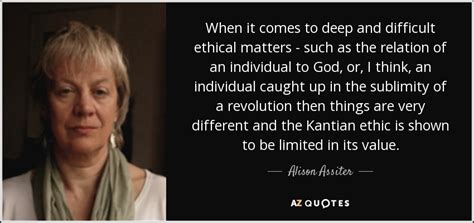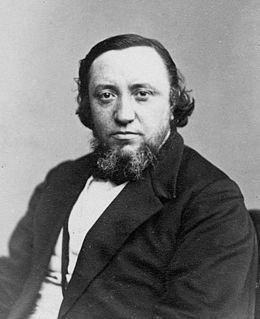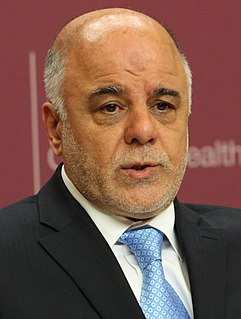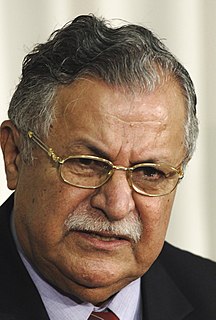A Quote by Hans Urs von Balthasar
What the Father gives is the capacity to be a self, freedom, and thus autonomy, but an autonomy which can be understood only as a surrender of self to the other.
Related Quotes
Both Faith and Terror are instruments for the elimination of individual self-respect. Terror crushes the autonomy of self-respect, where Faith obtains its more or less voluntary surrender. In both cases, the result of the elimination of individual autonomy is - automatism. Both Faith and Terror reduce the human entity to a formula that can be manipulated at will.
To regard human beings as tools - as instruments - for the use of other human beings is not only unscientific but it is repugnant, stupid and short sighted. Tools are made by man but have not the autonomy of their maker - they have not man's time-binding capacity for initiation, for self-direction, and self-improvement.
You bet I write disaster fiction. We have compiled a disastrous record on this planet, a record of stupidity and absurdity and self-abuse and self-aggrandizement and self-deception and pompousness and self-righteousness and cruelty and indifference beyond what any other species has demonstrated the capacity for, which is the capacity for all the above.
Willpower should be understood to be the strength of the mind, which makes it capable of meeting success or failure with equanimity. It is not synonymous with certain success. Why should one's attempts always be attended by success? Success breeds arrogance and man's spiritual progress is thus arrested. Failure, on the other hand, is beneficial, inasmuch as it opens his eyes to his limitations and prepares him to surrender himself. Self surrender is synonymous with eternal happiness.
Only a law-order which holds to the primacy of God's law can bring forth true freedom, freedom for justice, truth, and godly life. Freedom as an absolute is simply an assertion of man's "right" to be his own god; this means a radical denial of God's law-order. "Freedom" thus is another name for the claim by man to divinity and autonomy. It means that man becomes his own absolute.
We forget that, although each of the liberties which have been won must be defended with utmost vigour, the problem of freedom is not only a quantitative one, but a qualitative one; that we not only have to preserve and increase the traditional freedom, but that we have to gain a new kind of freedom, one which enables us to realize our own individual self; to have faith in this self and in life.






































